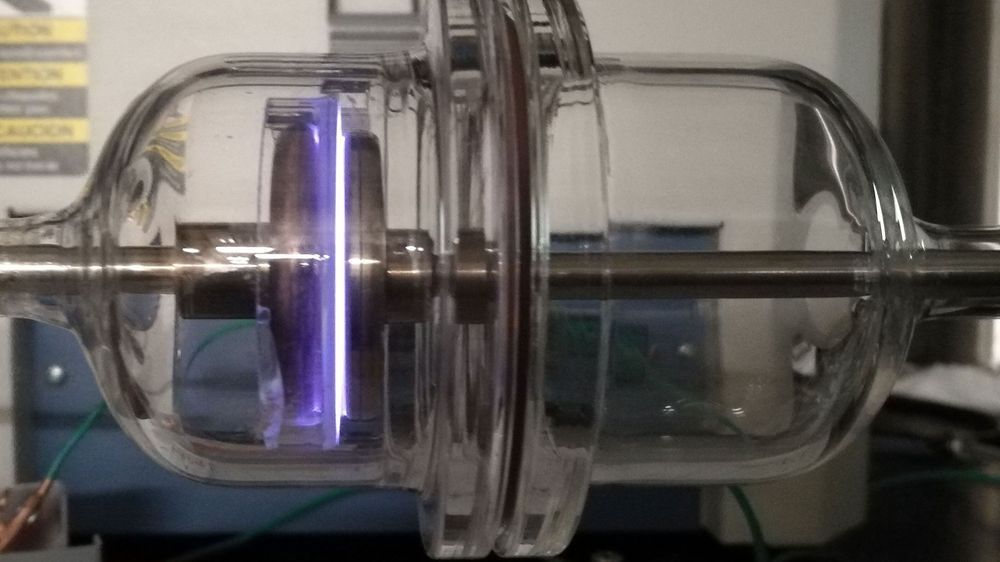As anyone who has purchased jewelry can attest, platinum is expensive. That’s tough for consumers but also a serious hurdle for a promising source of electricity for vehicles: the hydrogen fuel cell, which relies on platinum.
Now a research team led by Bruce E. Koel, a professor of biological and chemical engineering at Princeton University, has opened a door to finding far cheaper alternatives. In a paper published April 4 in the journal Nature Communications, the researchers reported that a chemical compound based on hafnium worked about 60 percent as effectively as platinum-related materials but at about one-fifth the cost.
“We hope to find something that is more abundant and cheaper to catalyze reactions,” said Xiaofang Yang, principal scientist at HiT Nano Inc. and visiting collaborator at Princeton who is working with Koel on the project.
